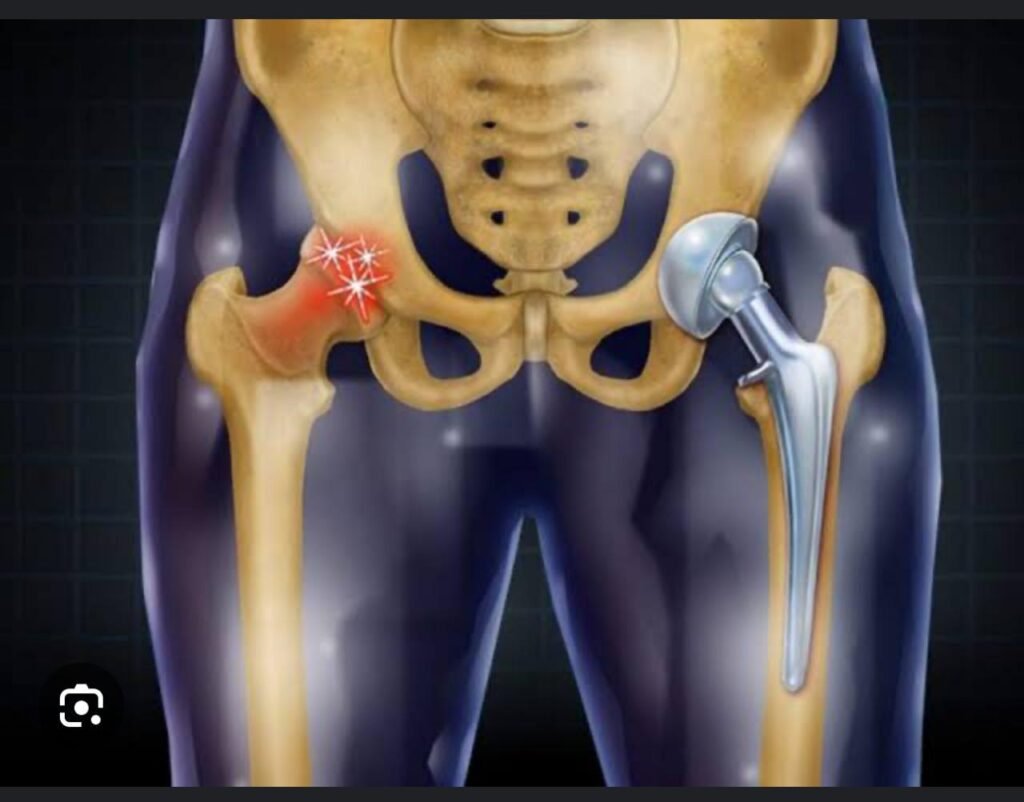Total Hip Replacement Surgery – Arthritis, AVN ,Hip Fracture
Total Hip Replacement Surgery treats patients with three major conditions that include arthritis, AVN and hip fractures.
Orthopedic surgeons perform this standard surgical operation to resolve pain along with improving movement problems that affect patients who suffer from arthritis and also patients who face either AVN or hip fractures. Hip joint surgery requires surgeons to take out affected components from the femoral head and acetabulum before positioning artificial implants constructed from metal and plastic as well as ceramic components.
The procedure addresses arthritis patients through total hip replacement treatment that both diminishes pain and enables better function while restoring full linear movement. Patients with AVN whose blood supply to the hip bone has failed to function properly can avoid progressive damage through total hip replacement surgery. Total hip replacement functions as a treatment for hip fractures among older adults by combining joint stabilization with pain relief alongside rehabilitation support.
The process of recovering after total hip replacement requires physical therapy alongside pain control methods that lead to activity resumption. Patients experience rare complications after this surgery though which may present as infection or implant loosening together with blood clots. The surgical replacement of a complete hip delivers crucial advantages that boost both overall patient well-being and movement ability because of hip ailments.


